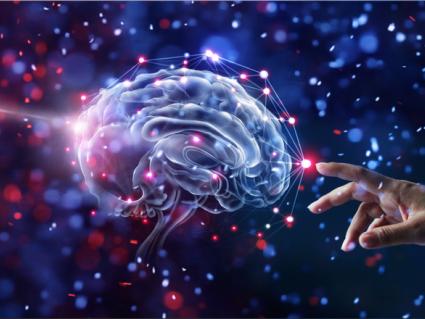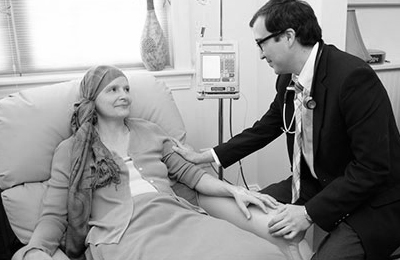Eating and Fasting for Cognitive Care

Alzheimer’s is a type of dementia that affects memory, thinking and behavior. The symptoms of this disease eventually grow severe enough to interfere with daily tasks. But microscopic changes in the brain begin long before symptoms, or even first signs of memory loss, occur. When it comes to food and nutrition, diet plays a major role in the prevention of Alzheimer’s and other types of dementia. This is because what we eat can either contribute to cognitive decline or aid in healing cellular repair and oxidative damage.
Avoiding foods that cause or perpetuate inflammation is just as important as increasing intake of foods that heal. The number one offender, as is the case with many diseases, is sugar. Avoiding sugar in its many forms is integral to brain health and prevention of cognitive decline. Some in the medical field now refer to Alzheimer’s as type 3 diabetes because of recent studies show the negative impact of sugar, blood glucose dysregulation, and insulin response.
Conversely, food can be an integral component of healing as well as risk reduction. The Mediterranean diet has proven to be one of the most effective eating patterns to prevent Alzheimer’s and other types of dementia. This diet is based on traditional eating habits in Greece, Southern Italy, and other Mediterranean regions and is characterized by high intake of fruits and vegetables, legumes, olive oil, nuts and seeds, and moderate consumption of fish. There is growing evidence for the neuroprotective effects of the Mediterranean diet and it’s not surprising, as this eating style includes ample antioxidants, monounsaturated and polyunsaturated fatty acids, and a wide array of key vitamins and minerals.
The other major diet therapy for prevention and treatment of dementia and other cognitive decline is fasting. This may seem counterintuitive, as fasting isn’t exactly eating certain foods but instead, going without food for certain lengths of time. There is a growing body of research to support fasting, as the body can heal itself and clean out damaged cells, a process called “autophagy.” This cleaning house can only be done when the body isn’t busy digesting a steady influx of food and instead seeks out these cells as a food source. While it’s not advised to initiate long fasts for those who have unstable blood sugar or have not tried fasting yet, a good first step is to practice a 12-hour overnight fast.
It is best to work with a dietitian or other experienced provider who can give individual recommendations. The benefits of fasting not only help prevent cognitive decline and lower the risk of dementia but they can also provide mental clarity for anyone experiencing periods of brain fog or other types of mental impairment. Fasting highlights the innate ability of the body to heal itself.
RESOURCES
https://www.hindawi.com/journals/omcl/2019/9874159/
Related Blog Posts

Neurological Disorders and Hyperbarics
Hyperbaric oxygen therapy and neurological disorders.Read the Post

Hyperbaric Oxygen Therapy: A New and Innovative Way to Treat Alzheimer’s Disease.
The prevalence of age-related neurodegenerative disorders, such as Alzheimer’s Disease, are on the rise in the United States. Nearly 60-80% of all cases of dementia in the elderly population originated from Alzheimer’s Disease. Unfortunately, there is no current cure or effective treatment that slows the progression of this complex and devastating disease. Therefore, alternative treatments…Read the Post

The Ketogenic Diet for Traumatic Brain Injury
We keep hearing so much about the Ketogenic Diet, and there’s good reason for that! Being in a state of ketosis (where the body is burning ketones) can have many benefits, from healing chronic illness to improving overall performance. The keto diet, as it’s called, was originally studied and used to treat epilepsy. It was proven extremely effective but still not that commonly used until…Read the Post
Related Services

Nutritional Counseling
The practitioners at the Center recognize that diet is often the basis for your heath and your potential to heal. Adopting a healthy diet is often the first step towards correcting health problems. Many medical conditions can be treated more effectively when the patient implements specific diets and uses nutritional supplements. These interventions afford fewer complications and side effects than…Nutritional Counseling

Anti-Aging Therapy
How to Combat the Anti-Aging Process with Intravenous (IV) Therapies As we get older how do we combat the natural effects of the aging process?First, we have to look at some of the main factors that cause the symptoms of aging and degeneration. These symptoms include fatigue, muscle weakness or muscle loss, reduced stamina and endurance, poor memory and cognition, and chronic inflammation and…Anti-Aging Therapy





















